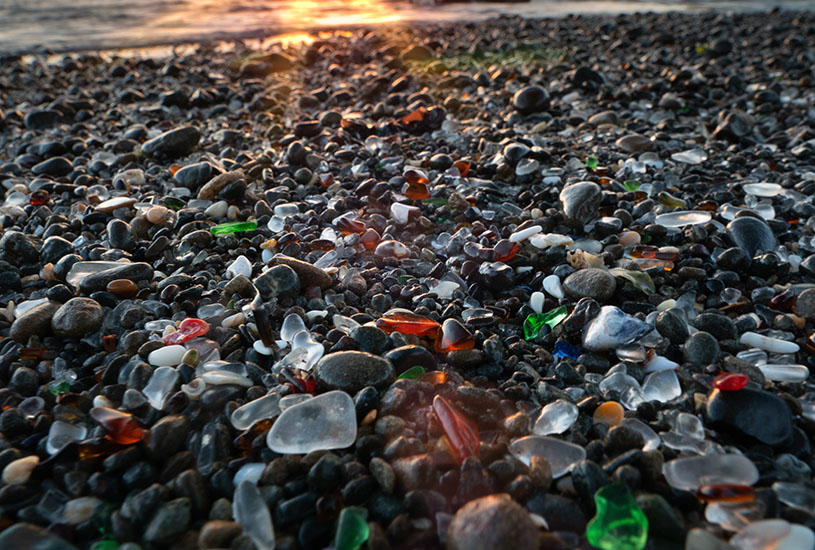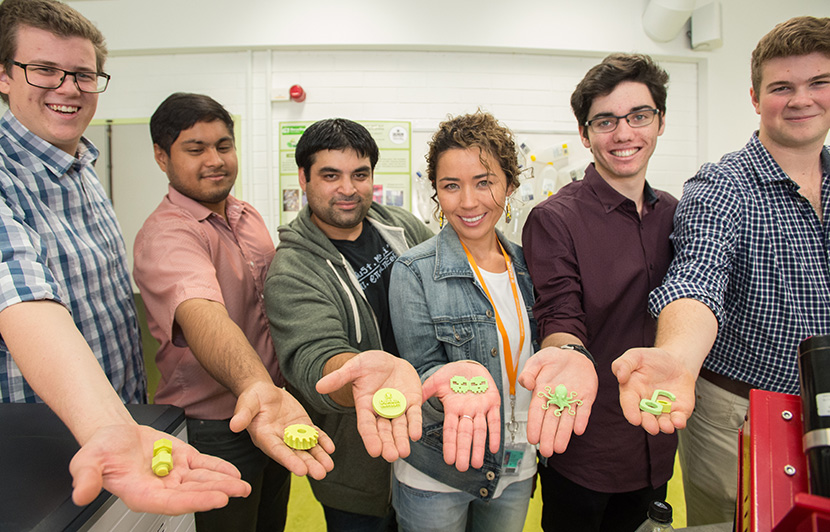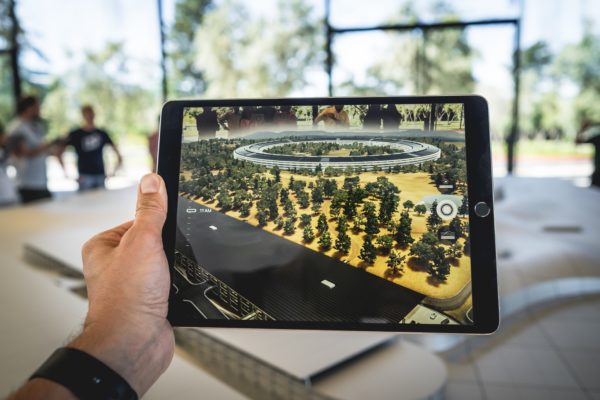Asking, “What can we do with what we already have?” led to an answer that may solve some major problems for the developing world.
A photo of an idyllic tropical beach polluted with plastic bags and bottles triggered an innovative project to recycle plastic rubbish into plumbing and sanitation parts for communities in dire need of clean water supplies.
Researchers and students from Deakin University’s School of Engineering are working on world-first technology to turn waste plastic into filaments suitable for use in 3D printers to print fully engineered plumbing parts such as pipe connectors.
To add to the sustainability credentials of the project, the team has developed a way to power the printers using solar energy.
“The problem with plastic is that even if it’s dumped in one place, it can end up in another place altogether,” said team leader Dr Mazher Mohammed, a research fellow at the School of Engineering.
[testimonial_text]When I saw the photo of the beach with all the plastic bottles in the water, I realised that rubbish from one country can affect other countries. It’s actually a global problem. That’s when we started thinking, is there anything we can do to help using the technology we have in-house?[/testimonial_text]
[testimonial_picture name=”Dr Mazher Mohammed” details=”School of Engineering research fellow”]
 [/testimonial_picture]
[/testimonial_picture]“It dawned on me that most widely available 3D printers use plastic as the main source material. What if we could take this all this waste plastic and turn it into a form these printers can use to make devices that are useful?”
Dr Mohammed and his students tested the idea using the waste plastic around their offices, from cast-off 3D prints to milk bottles from the tearoom. They have also experimented with blends of different types of plastics and 3D prints made from 100 per cent recycled material.
“Normally when you recycle material, you use a certain percentage of virgin materials, or non-recycled materials, to retain the integrity of the original material,” Dr Mohammed explained.
“Using 100 per cent recycled material does change its characteristics so we’re testing how that then affects the mechanical properties of the printed object – its strength, for example.
“We’ve also found that the plastic can be repeatedly recycled. That opens up the interesting possibility of simply grinding down broken parts, including components of the printer itself, to make new ones.”
The equipment for turning waste plastic into filaments and the solar powered 3D printers will be trialled in the Solomon Islands by children’s charity Plan International Australia later this year.
Team: Tony Watson, Anirudra Das, Dr Mazher Mohammed, Dr Clara Usma Alvarez, Nathan Low and Lachlan Patrick.
“3D printing has already been applied in various aid and disaster-based scenarios to make simple medical and water augmenting devices,” Dr Mohammed said.
“However, the unique feature of our project is that we’re using renewable energy to power equipment that recycles plastic rubbish to make parts that people in these communities need to maintain their water supply.
“This would be the first example of people using 3D printing as recycling and renewable technology all in one.”
Plan Australia’s Manager for Water, Sanitation and Hygiene, Tom Rankin, said the potential applications of the technology were “limitless”.
“This technology really lends itself to developing countries, where plastic waste has exceeded the capacity of governments to manage it.
“In the streets of Honiara, there is plastic literally everywhere. It clogs up the drains and flows out into the sea, killing marine life. Our aim is to turn this plastic into useful parts,” Mr Rankin said.
“If we can prove the concept and get the technology working well, it can be used across a raft of different fields, not just water and sanitation.”
The project received a boost this week, with a successful StartSomeGood crowdfunding campaign raising over $30,000 towards developing the first printer prototypes, with support from the English Family Foundation, Plan International and Deakin’s Centre for Humanitarian Leadership and School of Engineering.
“The technology is limited only by our imaginations about what we can print,” Dr Mohammed said.
“Plastic pollution is everywhere, so we potentially have an unlimited supply of raw materials to meet our needs. It’s win – win. We can use the technology to provide aid to those in need while at the same time slowly, but surely, eliminate more and more plastic waste from the environment.”




